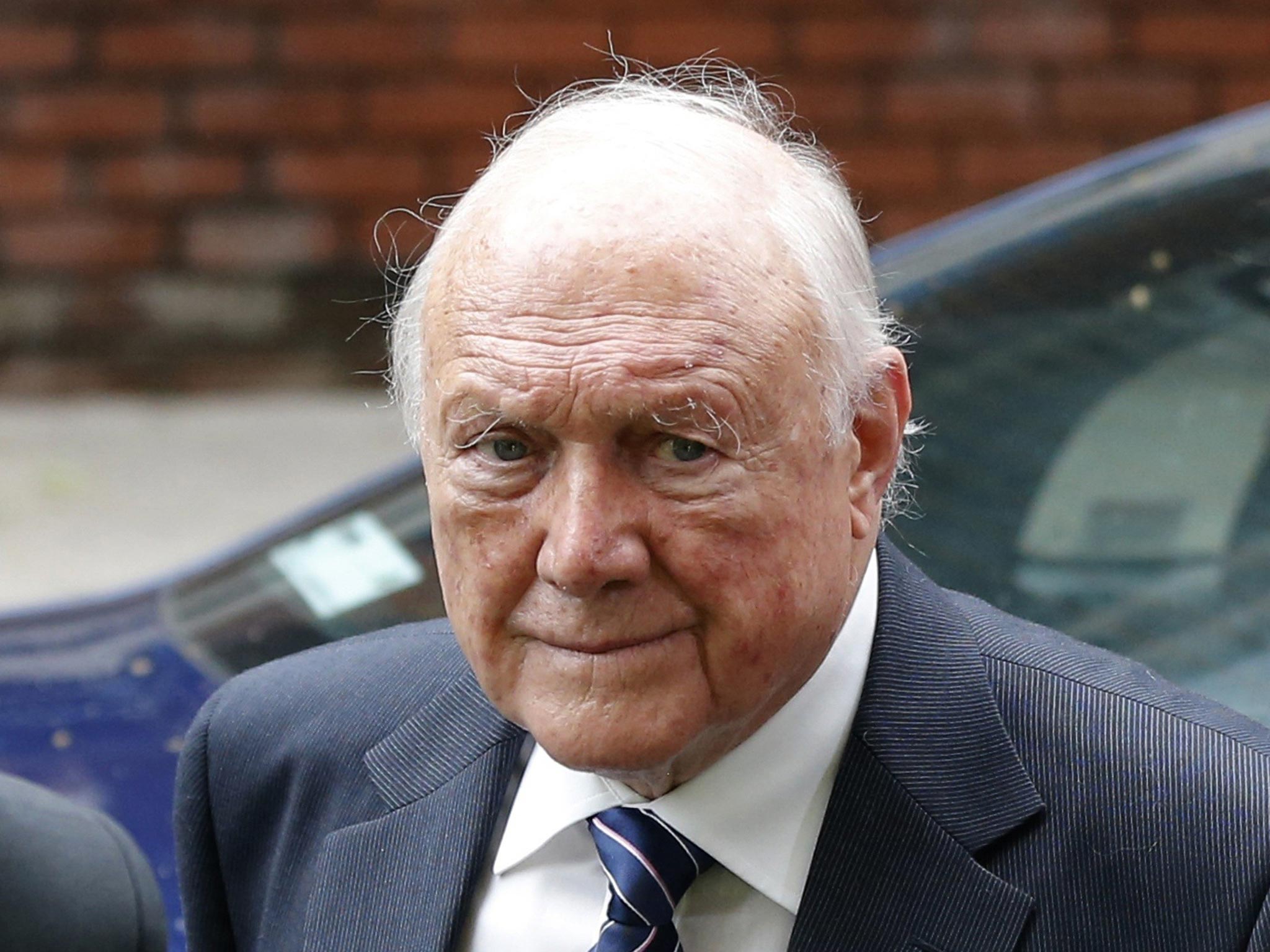Stuart Hall, Jeremy Forrest and now the Oxford grooming gang - why this sentencing disparity?
Even if we take the differences in these cases into account, the severity of the sentences seem to be decided on different scales, says this specialist in child abuse law

The life sentences handed down today to those involved in the sadistic abuse of vulnerable girls between the ages of eleven and fifteen in Oxford were justly deserved. It is difficult to imagine more hellish and severe abuse than that faced by these victims who were trafficked, plied with illegal drugs, prostituted out by a gang and kept in fear of their lives. Even by the grim standards of sexual abuse, these were unusually horrific cases.
But it’s not surprising that the public, not versed in the legal system, are asking why some sexual abusers of children can be imprisoned for a matter of months, whereas others can be sentenced to serve some of the longest sentences in the prison system - however different the scale of these crimes.
Over the last fortnight, two other major cases involving sexual activity against children were in the news. Jeremy Forrest and Stuart Hall are now both in prison. They have both been labelled paedophiles. However, that is where the similarity between the cases ends.
Stuart Hall is in his 80s. He is a well-known TV personality who was initially taken into custody in December 2012, after being charged with historical child sexual abuse. He protested his innocence when he was accused of indecently assaulting a girl aged 16 in late 1974, a girl of 8/9 in 1983 and a 13 year old in 1984.
In May 2013, he had a change of heart. He admitted what he had done and pleaded guilty to assaulting 13 young girls whose ages at the time ranged from 9 to17 years of age. The offences took place between 1968 and 1986 and Hall was found guilty of those offences at Preston Crown Court and ordered to sign the Sex Offenders Register. A rape charge was kept on his record but he denied this offence and pleaded not guilty to the charge against him.
Jeremy Forrest is 30 and in June at Lewes Crown Court he was found guilty of 5 charges of underage sex with a girl, who was a student at the school he taught at. The girl was 15 years old at the time the offences took place. He and the girl ran away together to France, which meant he was also charged with abduction. He admitted 5 charges of underage sex with the girl who is now 16.
Forrest has also been placed on the Sex Offenders register, has been labelled a paedophile and has been banned from teaching for life. He has no future in teaching the profession in which he was described as ‘gifted’.
Both men are convicted sex offenders. However, Forrest had sex with a allegedly willing underage girl, while Hall sexually assaulted more than a dozen underage girls without consent. Hall received a sentence of 15 months. Forrest received a sentence of 5 and a half years. Why the difference?
Looking at the Sentencing Guidelines explains it in part. The two men were convicted under different Acts – their sentence is decided by the law that applied when the crimes were committed.
Forrest was convicted under the more recent The Sexual Offences Act 2003 which states the maximum sentence as “On Indictment - 10 years imprisonment,” and the minimum sentence as “On summary conviction - 6 months imprisonment or fine not exceeding statutory maximum.”
Forrest got more than half the possible maximum tariff. Some would say he fared well. Others would disagree, especially when the contrasting sentence of Hall is far more lenient.
Hall was sentenced to 15 months under the older The Indecency With Children Act 1960, of which section 1 sets out the sentencing for indecency with a child under 14 years of age, until it was amended to a child under 16 years of age. The maximum sentence is 10 years and the minimum sentence is 2 years.
Even without the 25 per cent reduction on his sentence for admitting his guilt, Hall still got less than the minimum possible tariff. Then, the different in sentence severity is also apparent. What different factors are taken into account to make this decision? If we take into account each man's stage in life, the number of offences, and the affect their actions had on their victims, the severity of their sentences seem to be decided on different scales.
With all this apparent, it really is difficult to understand how any of the purposes of imprisonment – punishment, deterrence, protection of the public, rehabilitation – are served by such apparent disparity in sentencing. It seems the courts often wrongly regard historic abuse as being in some way less serious than abuse which took place recently. This just isn’t the case. Historic abuse often involves horrific incidents which have been proven to completely devastate victims’ lives.
Our Attorney General is now reviewing Hall’s sentence to see whether it was “unduly lenient”. He has the power to send it back to the Court of Appeal and set a new precedent for these cases. Let’s hope he can find a way to make an example of Hall.
Stephanie Prior is a partner at Anthony Gold, who heads the Child Abuse team.
The comments on this article have been closed for legal reasons
Bookmark popover
Removed from bookmarks